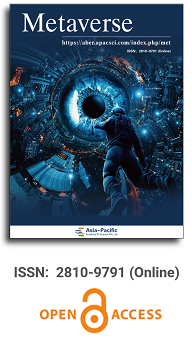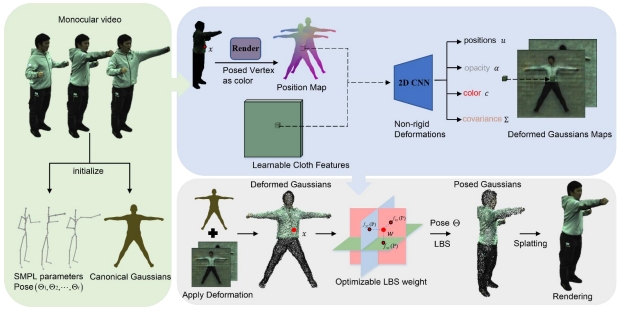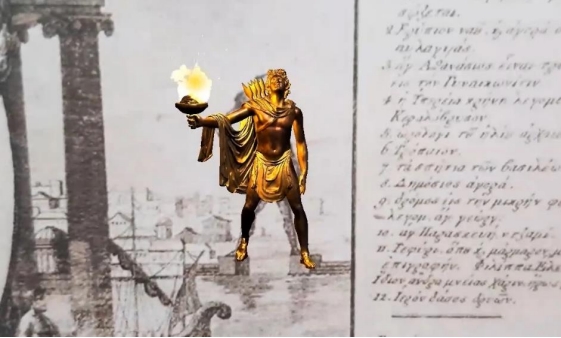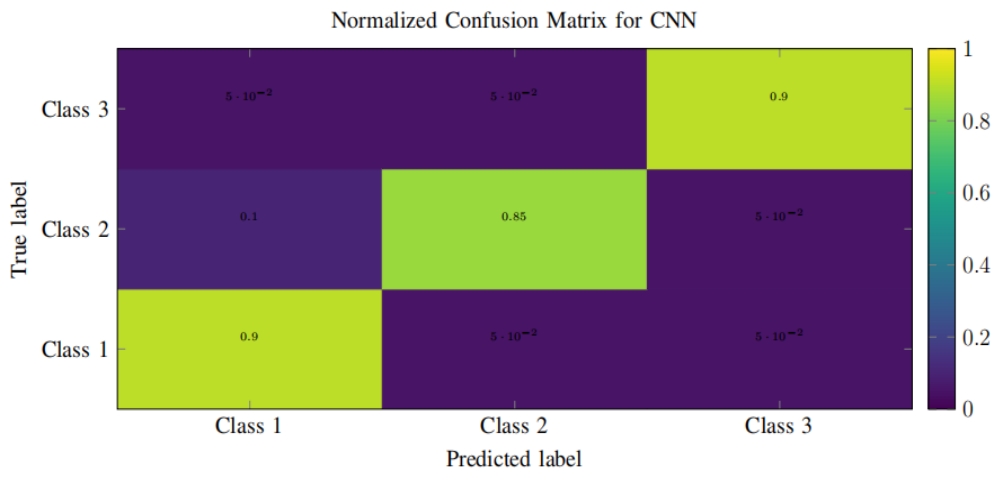
Asia Pacific Academy of Science Pte. Ltd. (APACSCI) specializes in international journal publishing. APACSCI adopts the open access publishing model and provides an important communication bridge for academic groups whose interest fields include engineering, technology, medicine, computer, mathematics, agriculture and forestry, and environment.



The latest technology Non-Fungible Token (NFT) supports ownership of objects on the internet; everyone wants to reap the maximum of this opportunity. The price of the NFT shot up overnight, creating a market with trading volumes of millions worth, but there seem to be issues related to the legitimacy of this technology. Some countries define the legality of NFTs, cryptocurrencies, and cryptocurrency-based smart contracts, but they are just a handful of them; there requires the assessment of standards in NFT for full-fledged expansion throughout the world. The majority of the problems are related to the security of the users, price volatility of NFTs, and copyright issues. In this research, the evaluation is achieved by applying methods to identify the standards present in the current NFT ecosystem. The methods acquire quantitative and qualitative information to analyze it by designing models based on Correlation and Total Connectedness Index formulas to give the perspective of the inter relation between NFTs and other financial assets and deeply examine the technology's compliance with the regulations like KYC requirements and copyright registrations. The research uses numerical and non-numerical data from various sources, which are familiar with the crypto community. The results manifest the standards of NFTs, stabilization measures to the NFT market, and it guides investors, developers, and entrepreneurs. May be there is a prerequisite for the design change, viewpoint for alternative replacements for establishing smart contracts between the parties engaged in NFT ventures. Contemplating the level of centralization required on NFTs for protection of the stakeholders in the financial market.
The increasing deployment of wind turbines in extreme environmental conditions, like high-altitude icing plateaus, introduces significant structural and operational challenges. Harsh conditions, including corrosion fatigue, ice-induced dynamic loads, and fluctuating wind forces, accelerate component degradation and increase maintenance demands. Traditional operation and maintenance (O&M) strategies struggle to adapt to these conditions, demanding a shift towards more proactive, adaptive and intelligent solutions. AI-driven digital twins (DTs) offer a transformative approach by integrating real-time monitoring, predictive analytics, and adaptive control to enhance turbine resilience. This study focuses on enhancing the resilience of onshore wind turbine towers in challenging environments using a digital twin (DT) framework. The case study investigates a 5 MW onshore wind turbine with a lattice-tubular hybrid (LTH) tower, subjected to highly variable wind and environmental loads. Through a DT framework integrating OpenFAST and OpenSees, the study combines multi-physics simulations with supervisory control and data acquisition (SCADA) and structural health monitoring (SHM) data to reconstruct wind-induced loads and predict fatigue deterioration in critical components, such as bolted ring-flange connections. The results demonstrate that the DT-enabled model updating significantly reduces estimated fatigue damage, improving structural reliability and enabling proactive maintenance under fluctuating conditions. Beyond the advances, challenges still remain, including data integration, real-time processing, and cost-effective deployment. Future works are highly advised to focus on refining AI models, enhancing sensor data accuracy, and developing standardized frameworks for DT applications in renewable energy. By addressing these challenges, AI-driven DTs can play a crucial role in the long-term sustainability and resilience of wind energy systems under extreme conditions.

Prof. Zhigeng Pan
Professor, Hangzhou International Innovation Institute (H3I), Beihang University, China

Prof. Jianrong Tan
Academician, Chinese Academy of Engineering, China
Conference Time
December 15-18, 2025
Conference Venue
Hong Kong Convention and Exhibition Center (HKCEC)
...
Metaverse Scientist Forum No.3 was successfully held on April 22, 2025, from 19:00 to 20:30 (Beijing Time)...
We received the Scopus notification on April 19th, confirming that the journal has been successfully indexed by Scopus...
We are pleased to announce that we have updated the requirements for manuscript figures in the submission guidelines. Manuscripts submitted after April 15, 2025 are required to strictly adhere to the change. These updates are aimed at ensuring the highest quality of visual content in our publications and enhancing the overall readability and impact of your research. For more details, please find it in sumissions...


 Open Access
Open Access




.jpg)
.jpg)

